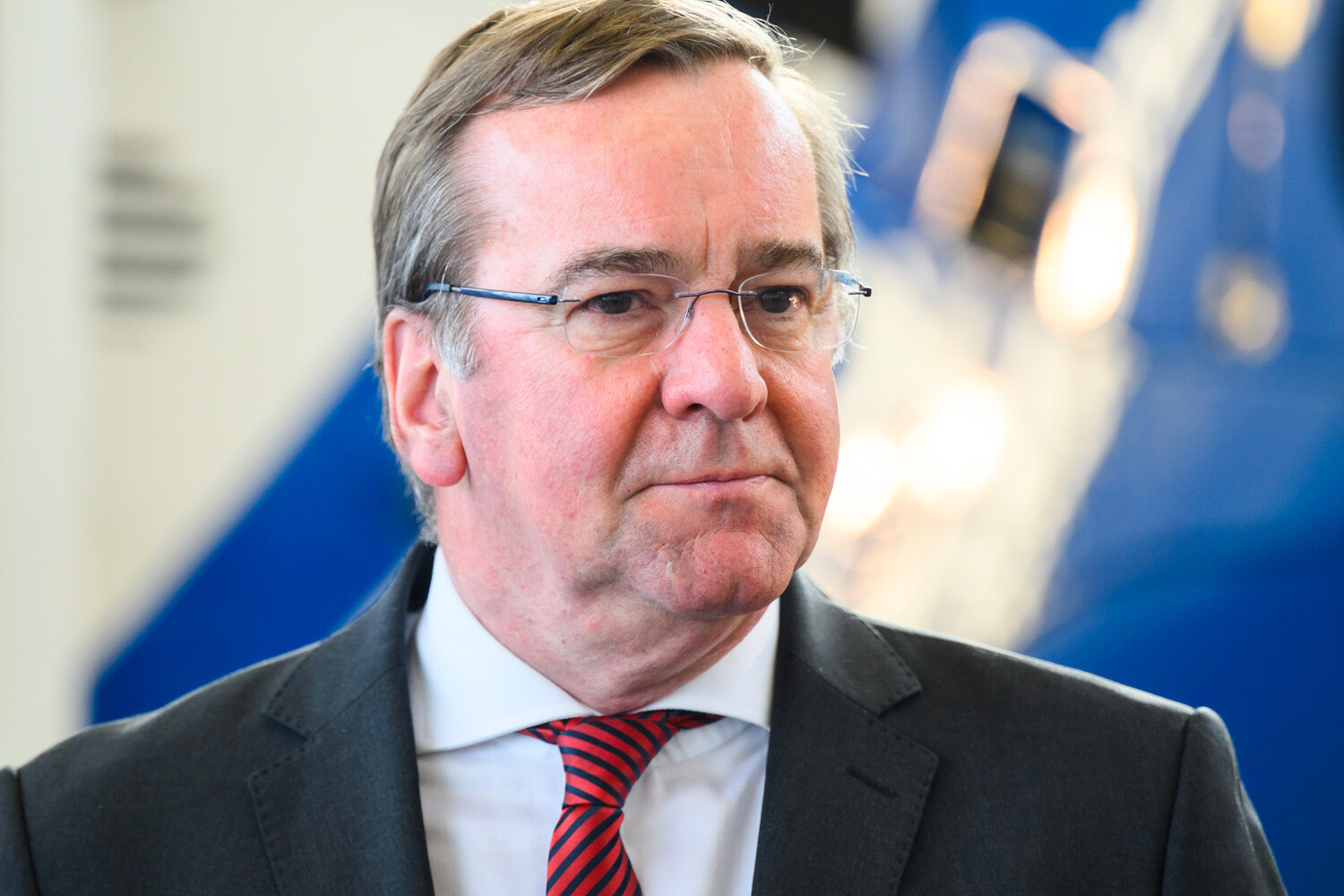According to the latest survey conducted by the Forsa Institute, German Defense Minister Boris Pistorius is currently the leading candidate for the position of chancellor. He surpasses the incumbent chancellor Olaf Scholz and opposition leader Friedrich Merz, garnering 39% support among respondents. Pistorius’s popularity could significantly impact the political landscape of Germany and Europe, as well as its relations with Ukraine.
Rising Support for Pistorius among Voters
According to the survey, Scholz’s support among voters has declined to 30%. Interestingly, 58% of voters from the Social Democratic Party of Germany (SPD), to which Scholz belongs, would also prefer Pistorius in the elections. Meanwhile, opposition leader Friedrich Merz received support from 25% of respondents, but even among voters of the CDU/CSU party he represents, 22% expressed support for Pistorius. This overall support indicates a significant rise in Pistorius’s popularity across all political circles.
Political Crisis in Germany: Coalition Collapse
Scholz’s position significantly weakened after the decision to dismiss Finance Minister Christian Lindner, a representative of the Free Democratic Party (FDP), leading to the collapse of the ruling coalition. As a result, Germany is on the brink of a political crisis, and now Scholz has announced readiness to call for a confidence vote in parliament even before Christmas. However, his chances of regaining positions look slim against the backdrop of Pistorius’s growing support.
Who is Boris Pistorius and Why is He Popular?
Boris Pistorius, who has been serving as the Minister of Defense since the beginning of 2023, is known for his strong stance on strengthening Germany’s defense capabilities. He actively supports the modernization of the German army and advocates for expanding military assistance to Ukraine, resonating with the current societal expectations. His proactive approach to ensuring security in Europe and decisive management style have contributed to an increase in his popularity, as evident from survey results.
Implications for Ukraine: What Could Change?
If Pistorius becomes the Chancellor, Germany’s policy towards Ukraine may undergo changes. His support for Ukraine in countering Russian aggression raises hopes for the continuation and even enhancement of military aid. Additionally, Pistorius is a proponent of closer cooperation within NATO, which could strengthen the defense partnership between Germany and Ukraine.
Under his leadership at the Ministry of Defense, Germany has increased the supply of weapons and military equipment to the Ukrainian army. If elected Chancellor, there is a likelihood that this support will not only continue but also become more stable. This means that the Ukrainian army will have access to cutting-edge technologies necessary for effective defense and territorial integrity restoration.
Therefore, the growing popularity of Boris Pistorius reflects the voters’ desire to see a strong and efficient leader ready to tackle contemporary challenges. If Pistorius assumes the role of Chancellor, it could significantly alter Germany’s political course and strengthen its role on the European stage. For Ukraine, Pistorius’ election would signify a potential bolstering of support, which would be a crucial factor in combating aggression and economic instability.


